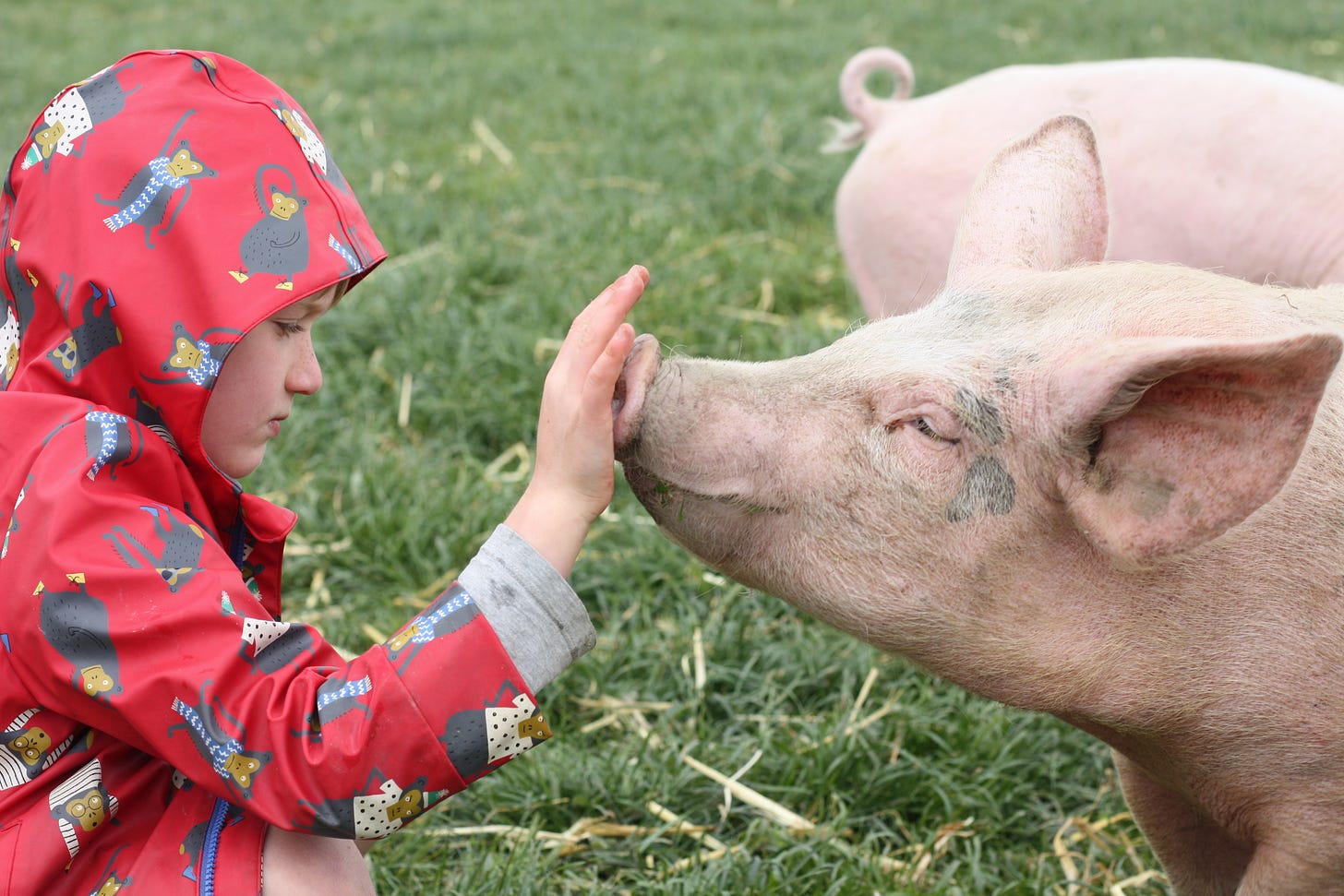Part Time Farming
Improving the nation’s health, supporting a flexible labour force and building rural economies
What if we all could find a place in our life for growing food and fibre or looking after animals? What if we could even be paid to do it? Almost everyone feels a connection to nature, from enjoying a beautiful bunch of blooms on the table, to growing herbs or pot plants on a window sill, through to gardening and beyond.
While of course not everyone wants to take this beyond a hobby or general appreciation, I meet lots of people who have not considered that there might be job opportunities in their hobby. Maybe you have thought about professionalising your interest, but are struggling to find a way to see how to make that shift. I also talk to a lot of farmers and growers who are struggling. Financial pressure, long hours, isolation and hard physical work all contribute to high levels of stress, burnout and both physical and mental health problems.
I have worked as a full time farmer, full time non farmer and for the last 15 years as part time in both. I know when I have been at my happiest in mind and body. It is when I have a mix of the physical and cerebral, outdoors and indoors, social and introspective. I am not from a farming background,but was lucky to discover horticulture while travelling in my early twenties. Most of the growers I have worked with and met have also come to it later in life. This is an eminently achievable vision.
Though my experience is mostly in food production, I work now predominantly in agroforestry (the deliberate integration of trees into farming systems) and have come to realise that the challenges I see in farming and growing are reflected in forestry and other rural work, so I use the term “part time farming” in its very broadest sense.
There are an almost infinite number of part time farming models so finding one to suit, whether you are looking to come into farming or trying to find a way to reduce your farming hours, should be possible. I should note that I am less interested in traditional “smallholding” or homesteading models of self sufficiency, though there is of course nothing wrong with this approach. Where I see the potential at scale, for both the individual and wider society, is the professionalisation of part time farming. This might be through part time employment on farms (which is what I have mostly done), or through setting up your own part time business. Through subsequent posts I will not only discuss the benefits and pitfalls of part time farming but also highlight different opportunities and models. I will also be drawing from my part time farming report from a survey I undertook in 2024.
Despite it sometimes being denigrated as hobby farming or “playing” I’m here to argue that part time farming should be encouraged, celebrated even, and has the potential to make a significant contribution to our nations food supply, our rural economies and our citizens health. Post Covid flexible working practices have, for many, opened up a new opportunity to do our non farming jobs remotely and therefore nearer rural work.
Do join me on this journey, and share your experiences of part time farming and forestry.



